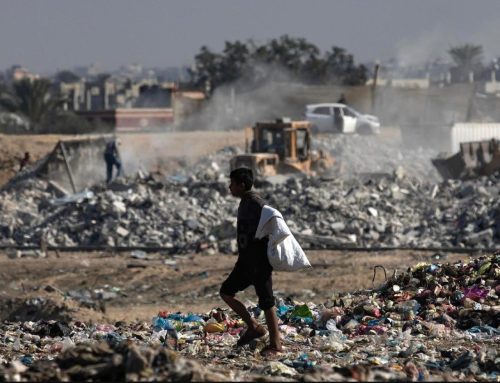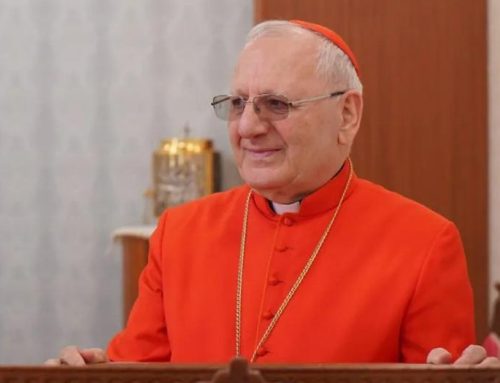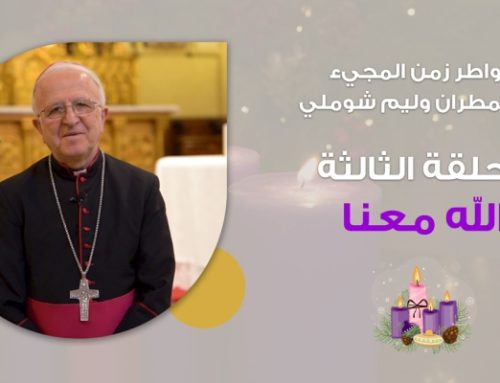A few years ago, a group of visiting US senators who were given a talk by a Jordanian Cabinet minister, were surprised to discover that he was Christian. After the official discussions were over, one of the visitors ventured to ask the minister: “Can you tell me when Christianity was introduced to Jordan and by whom?” He was astounded to hear his host answer: “To the best of my knowledge, it was introduced by Jesus Christ in person. This is where it all started.”
This point is often overlooked by foreigners and indigenous people alike: Christians in the Middle East may be numerically a minority, but they have been here for millennia. They are as indigenous as the hills.
Some of Iraq’s Assyrians trace their family trees back to the apostle Thomas, who evangelised in Mesopotamia in the first century CE. In Jordan and Palestine, many of the Christian communities are direct descendants of the first followers of Jesus.
These thoughts came to me as I read about the report ordered by British Foreign Secretary Jeremy Hunt, which warned that Christianity “is at risk of disappearing” in some parts of the world, including the Middle East. The report cites that Christians in Palestine now represent less than 1.5 per cent of the population, while in Iraq their numbers fell from 1.5 million before 2003 to less than 120,000 today.
The same is true of Syria, which was home to some of the last remaining communities that spoke Aramaic, and Egypt, which has the largest Christian community in the region.
Back in the 80s, people emigrated because of chronic regional instability, combined with the usual economic factors that eliminate upward mobility and cause the brain drain. This was not limited to Christians, but perhaps it was more pronounced among them because host countries tended to be more receptive to applications from Christian families.
But the 80s also saw a global trend of rising political and religious polarisation to the point of tribalism. The Internet, for all the good that it did, also exacerbated this trend in the nineties by creating echo chambers where like-minded people listened exclusively to one another, feeding their fanaticism and mobilising themselves into action groups.
Today, populist leaders and political parties have emerged who sow hate speech and reap political rewards. Consequently, mainstream conservative parties in otherwise respectable countries have adopted increasingly extremist and xenophobic positions, allegedly to recapture the political ground from the extremists.
In short, the world today is laden with mutual hatred whose fires are fanned continuously with inflammatory hate speech.
In this global context, Jordanians may take pride that we have preserved mutual respect and fraternal coexistence between Christians and Muslims, although it may prove difficult to remain impervious to the tragic trend of shrinking Christian communities.
Jordan is often described as an oasis of moderation and stability in the region. It would be disastrous for the Middle East if we also become the last remaining oasis where Christians can live in safety and freedom.






